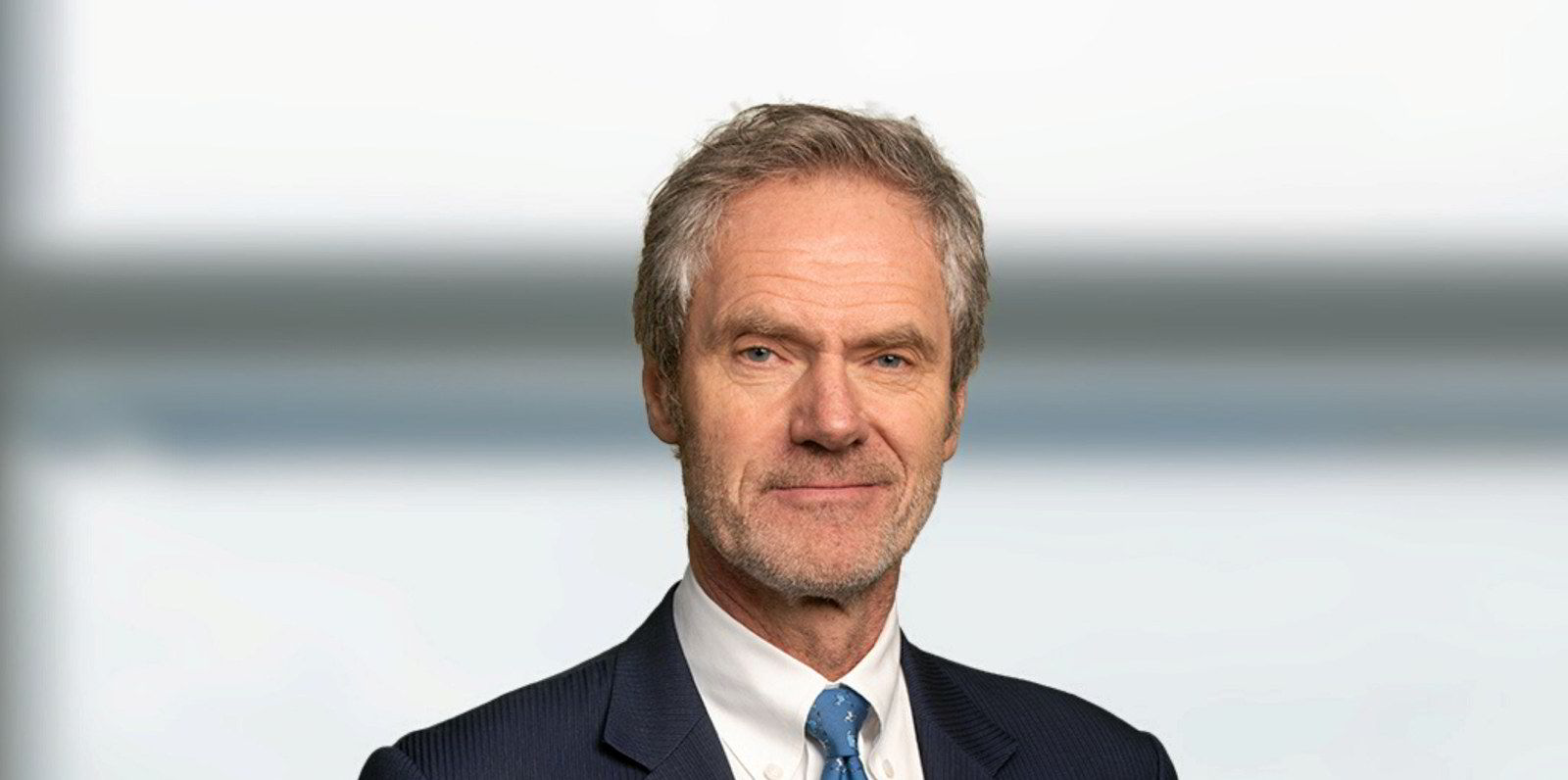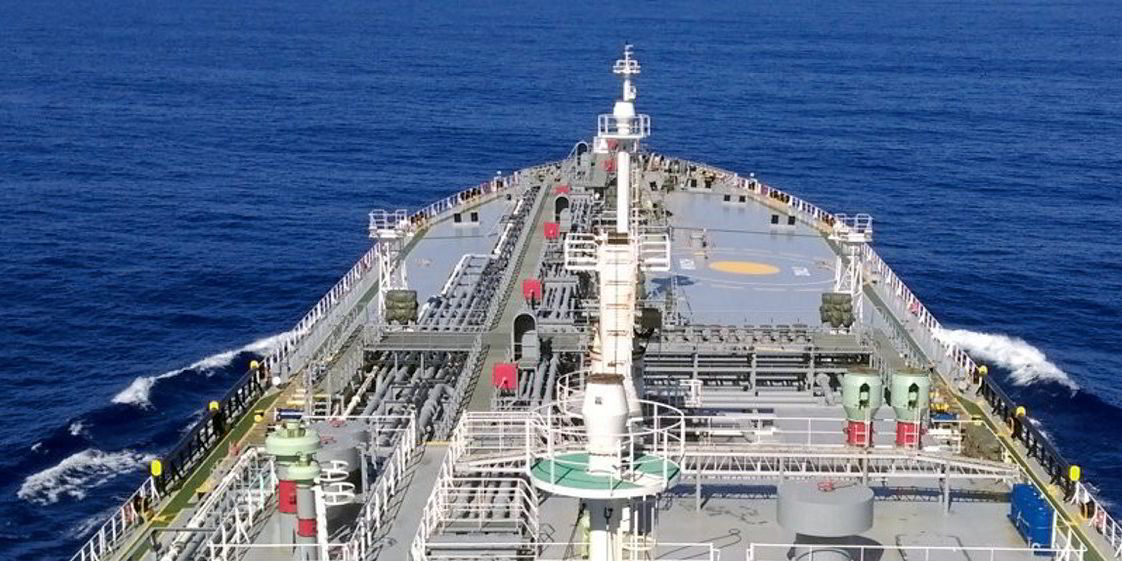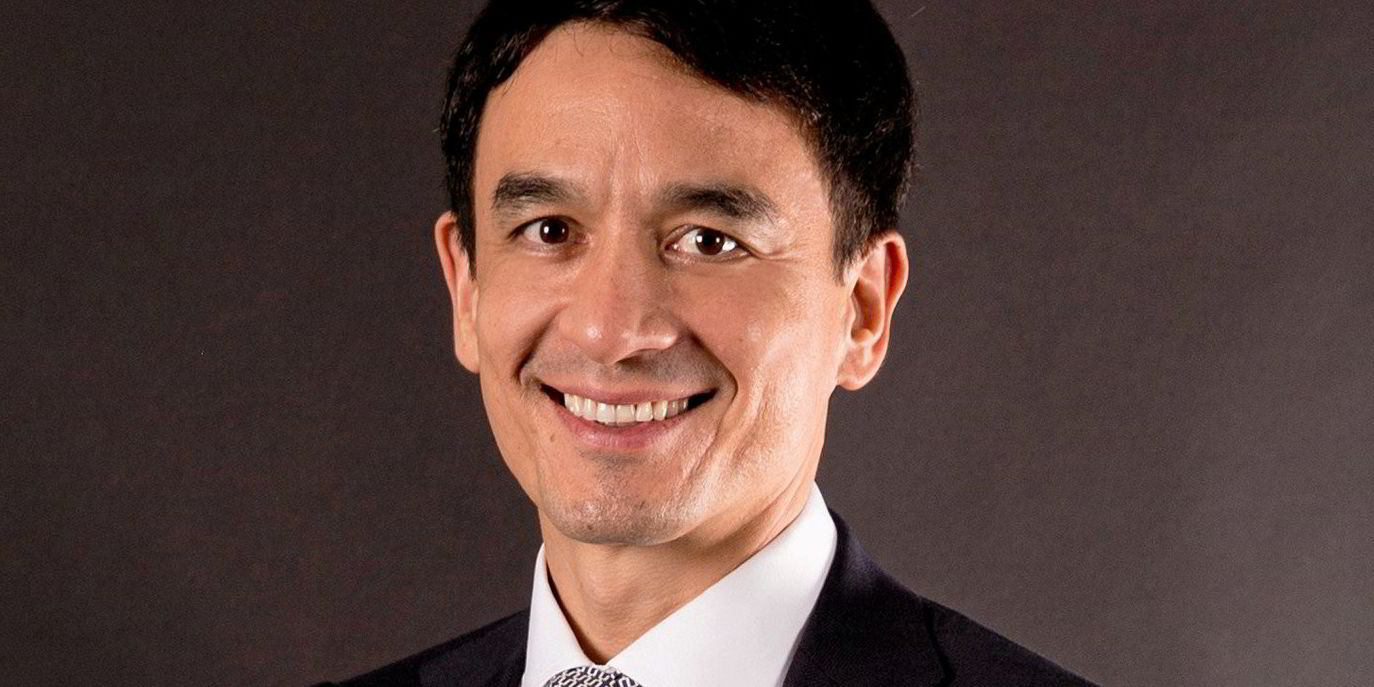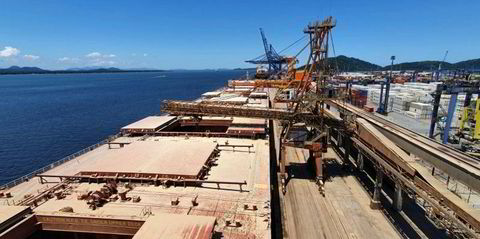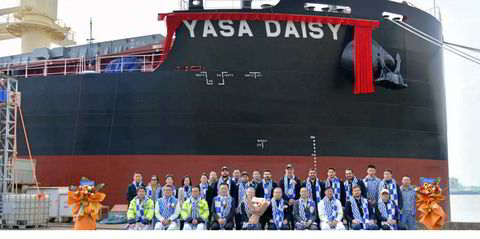Singapore's BW LPG has missed out on a big liquidity boost after a VLGC sale fell through.
The BW Group spin-off had announced the disposal of the 83,270-cbm BW Confidence (built 2006) in November.
But the Oslo-listed company said on Monday that the deal had collapsed after a final agreement could not be reached with the buyer.
Brokers had put the deal at $40m to an undisclosed third party. VesselsValue assesses the ship as worth $41m.
$36m lost
The BW Confidence had been expected to generate $36m in liquidity and a net book gain of $4m, with delivery due in the first quarter.
However, the company has completed the sale of the 82,260-cbm BW Cedar (built 2007).
This disposals was announced at the same time, adding $3m of profit.
The ship has gone to BW LPG's joint venture in India, BW Global United LPG India.
This is operated with partner Global United Shipping India.
Profit dropped
Net profit was $77m in the fourth quarter, down from $154m a year ago.
Time charter revenue dropped to $138m against $191.5m. The BW VLGCs averaged rates of $37,300 per day in the period, with 97% utilisation.
Ebitda was $107m for the quarter, a margin of 78% and in line with consensus.
BW LPG is paying a dividend of $0.34 for the final three months.
For the whole of 2020, net earnings were $244m.
The company now has three vessels retrofitted to run on LPG.
Market under pressure
"We expect the market to be under pressure in Q2," BW LPG said.
The company has fixed 80% of spot and time charter days at an average rate of $41,000 per day for the first quarter, however.
Fearnley Securities said: "Given the current market softness, the full quarter time charter equivalent earnings [are] likely to come in somewhat below this figure."
"Assuming $10,000 per day for the balance of the quarter would yield a TCE of $35,000 per day and an Ebitda slightly below Q4."
BW LPG said that despite the recent slump in VLGC spot rates, the company's medium-term outlook for the market is positive.
"This is driven by continued high shipping inefficiencies, resilient US LPG production, gradual recovery in Middle East production and strong underlying demand for LPG," the shipowner added.
